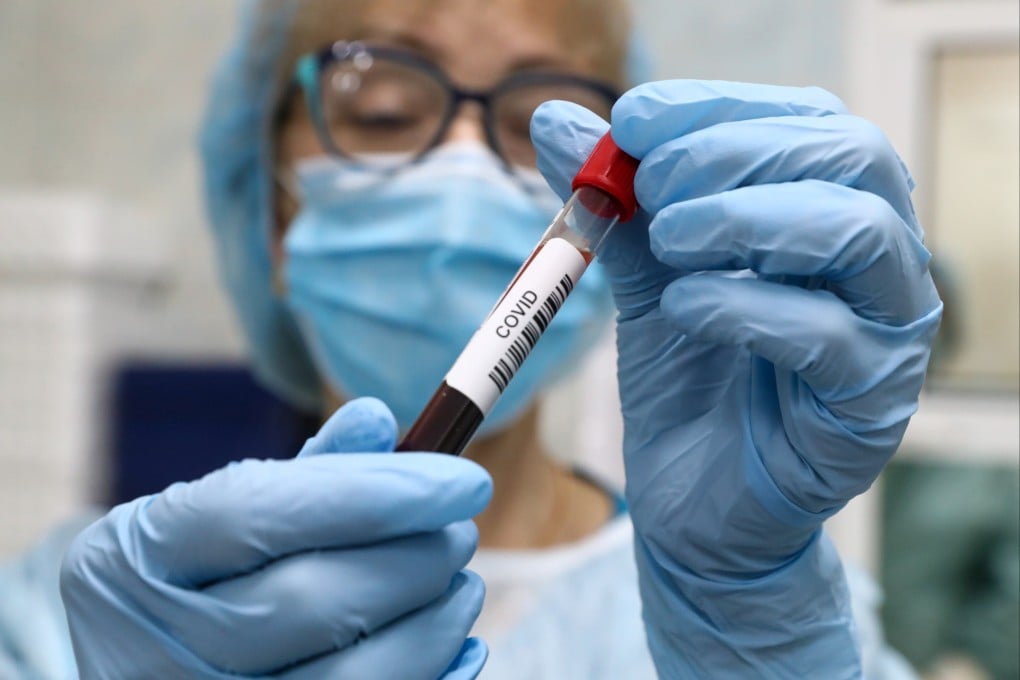Explainer | Covid-19 antibody test: what does your result mean? Why a high score is good but doesn’t tell the whole story
- A positive result means you’ve either been exposed to Covid-19 or been vaccinated, or both; at least a “50” is required to cut down quarantine in Hong Kong
- You will have higher antibody levels if you have a good immune response, but other factors also play a part, such as how long ago you were vaccinated

Standing in a taxi queue recently I overheard a middle-aged man say to a woman of similar age ahead of him in line, “I got 650”. Whatever he was referring to, he was clearly pleased with his result and he asked what she got. She smiled and said, “8,500”. His face fell and it took a little more eavesdropping – it’s to be expected if you speak loudly in a cab queue – to realise they were discussing their Covid-19 antibody test results.
In the last month, anyone intending to leave Hong Kong for the summer has rushed to get an antibody test to shorten the mandatory quarantine period upon their return. To qualify, you need to show a result of at least 50 – but as everyone is discovering, there is a vast difference in results. Does a high score earn you bragging rights? Does a low score mean you should be worried?
Writer and editor Lucy Colback did a test at a clinic in Melbourne Plaza in Central, ahead of a trip to see her father in Belgium. Her antibody count of just over 10,000 reassured her that she was well protected, but she still had questions.
“There’s no explanation about what it really means, so for anyone who has only 59 does that mean they aren’t as well protected? That they won’t be protected for long?” she asks. “Some information when you get the test results would be nice.”

It’s human nature that people might want to boast about a high result, but it shows a lack of understanding about what the data means, says Dr David Owens, a founding partner at OT&P Healthcare in Central.